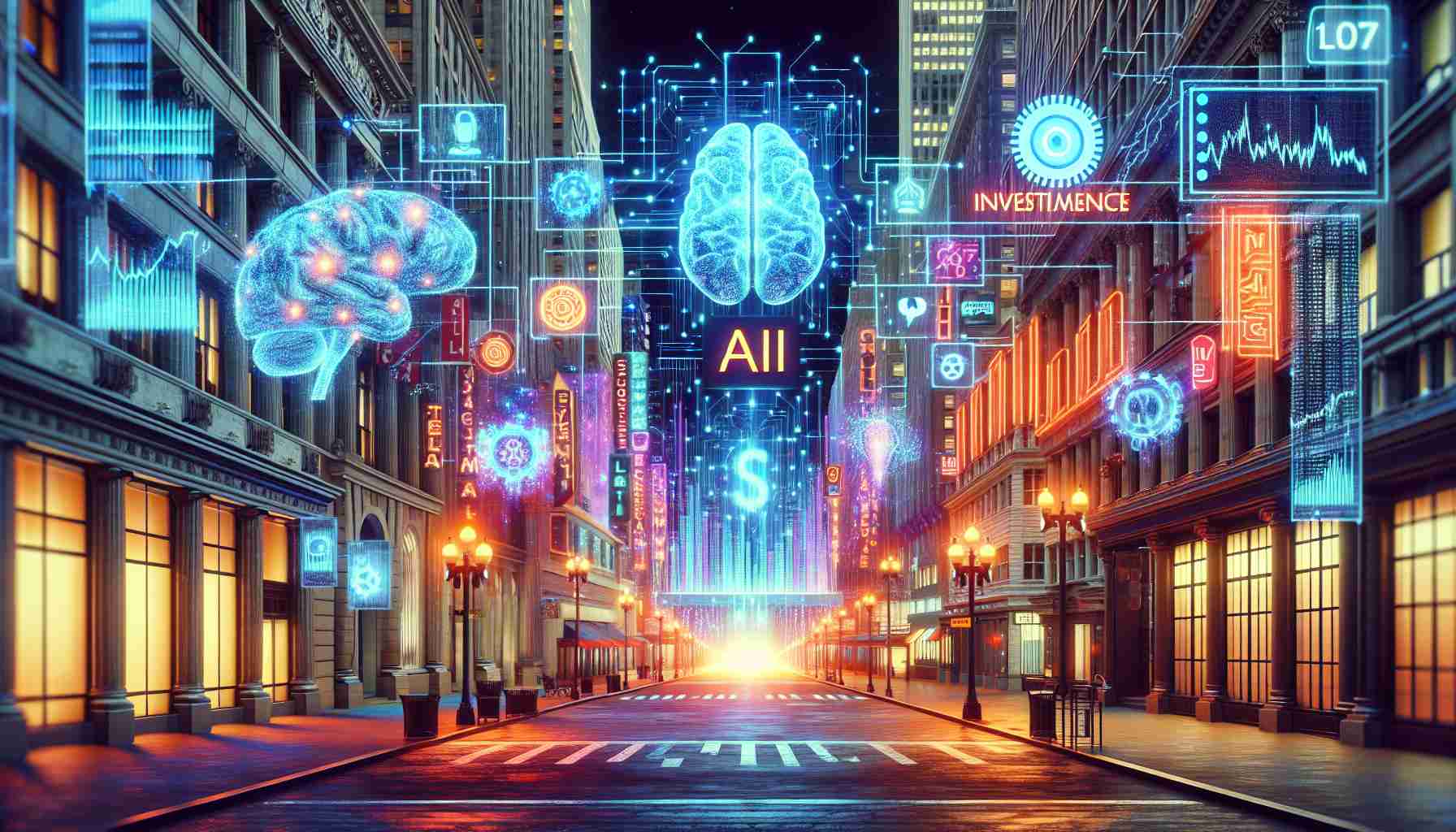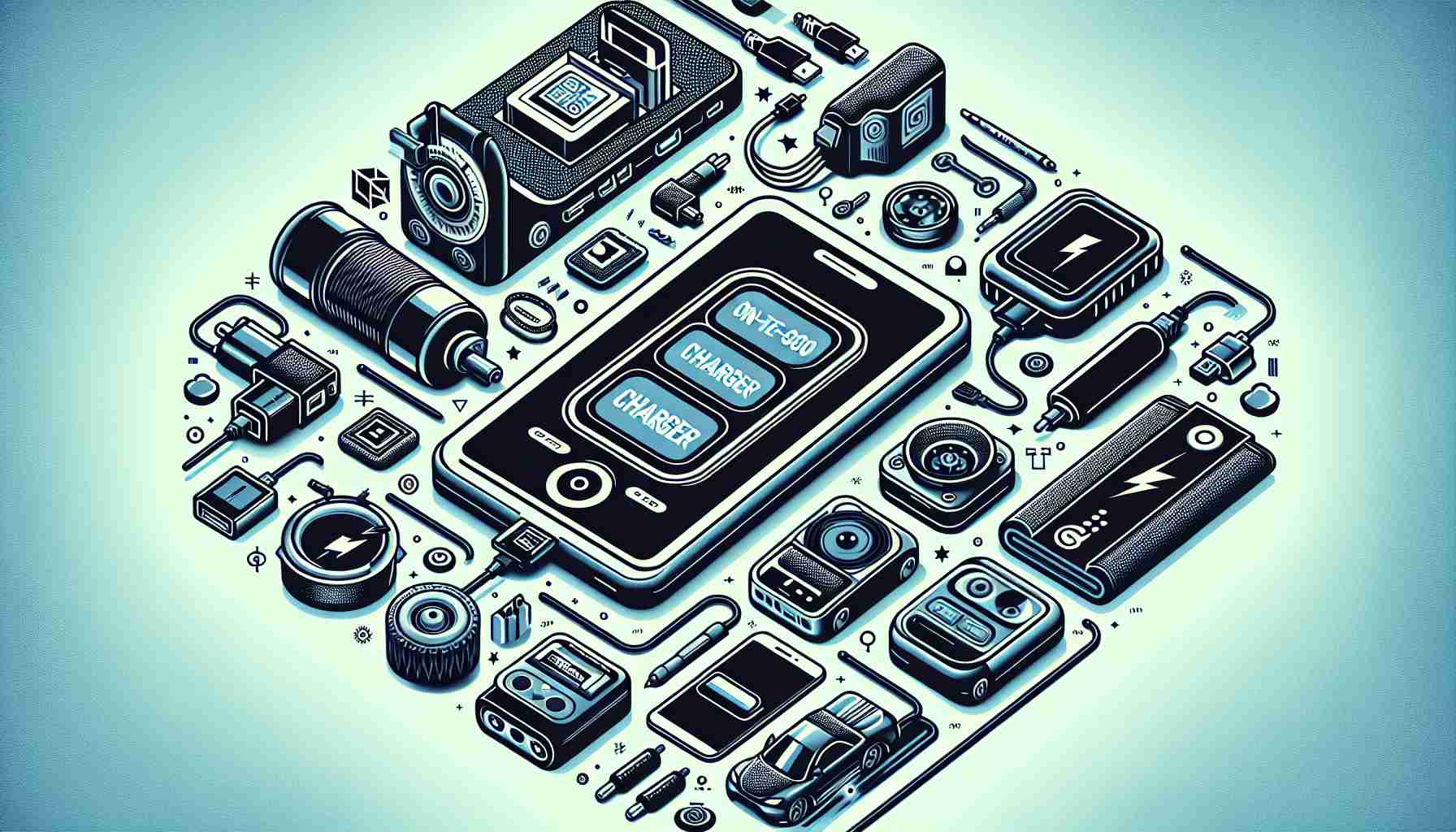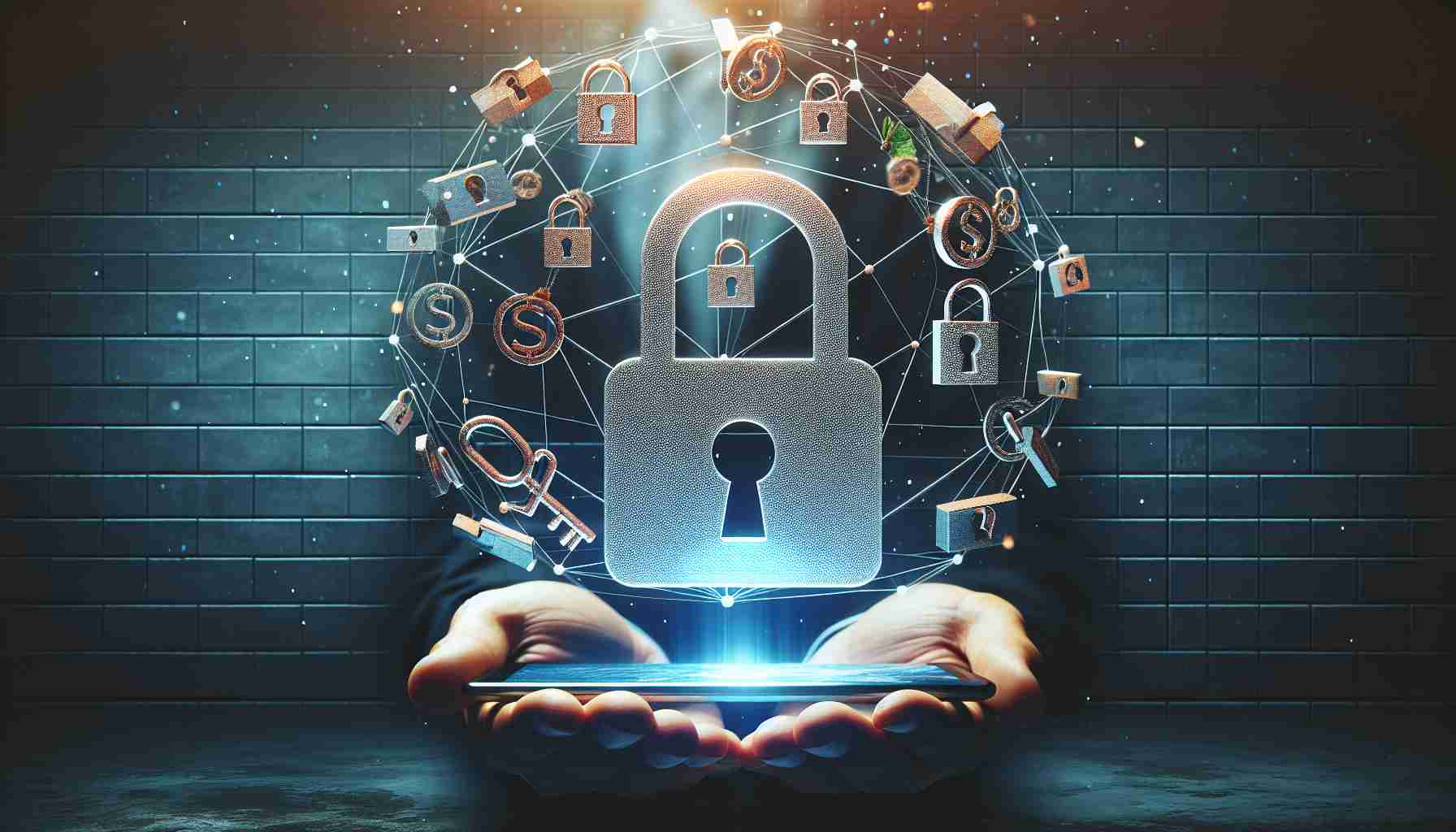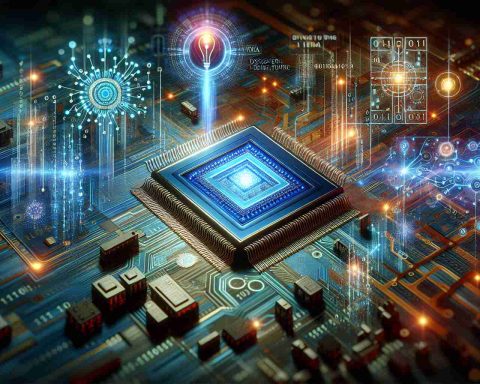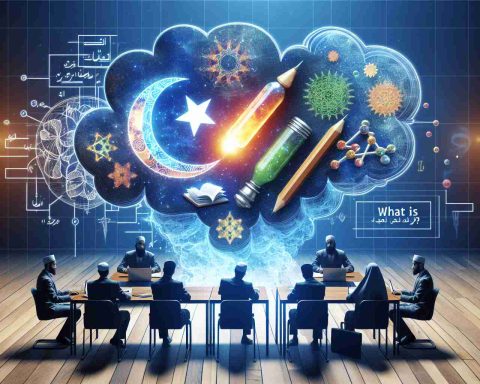In a dramatic legal showdown, OpenAI faces a lawsuit from Germany’s esteemed music rights organization, Gema. The key issue? GPT’s learning methods!
AI technology is under scrutiny as Gema, Germany’s prominent music rights organization, takes legal action against OpenAI. The company, renowned for its development of the AI chatbot ChatGPT, is accused of utilizing copyrighted song lyrics without proper licensing. According to Gema, a significant number of their 95,000 associated composers and lyricists have had their works used without compensation.
OpenAI is facing accusations of exploiting copyrighted materials to enhance their AI, without offering fair compensation to the rights holders.
In an unprecedented move, Gema has filed a lawsuit with the Regional Court of Munich, targeting OpenAI’s parent company in the United States and its European operations based in Ireland. The core of the case lies in the assertion that OpenAI’s chatbots replicate original song lyrics without proper licenses. Gema’s primary goal is to produce evidence that OpenAI systematically used their extensive catalog for training purposes, distinctively failing to respect copyright regulations.
Gema emphasizes that any entity utilizing copyrighted music must fairly acquire the relevant licenses and compensate the creators.
Gema has actively developed a licensing model tailored for generative AI systems and warns of potential legal actions against other AI enterprises. With a vast network representing both national and global rights holders, Gema stands firm in its mission to protect the intellectual property of millions.
Tips, Life Hacks, and Interesting Facts About AI and Copyright in the Digital Age
The recent legal challenges faced by OpenAI highlight the complex and evolving relationship between artificial intelligence and copyright law. As AI continues to advance, it becomes increasingly important to understand how these technologies interact with intellectual property rights. Below are some tips, life hacks, and interesting facts related to AI technology and copyright:
1. Understanding AI Training and Copyright:
AI models, such as those developed by OpenAI, are trained on massive datasets that include text, images, and sometimes music. These datasets often contain copyrighted material, raising concerns about licensing and fair use. It is crucial for AI developers to ensure they have the necessary permissions or adhere to fair use principles when using copyrighted material in training datasets.
2. Licensing Models for AI:
Organizations like Gema are developing specific licensing models for AI applications. These models aim to allow AI companies to legally use copyrighted content for training while ensuring creators receive fair compensation. If you’re working with AI models, explore these licensing options to avoid legal issues.
3. DIY Licensing and Copyright Management:
If you’re a content creator worried about your work being used by AI systems without permission, consider joining a rights organization like Gema or exploring digital rights management (DRM) tools. These resources can help protect your work from unauthorized use.
4. The Role of Fair Use:
Fair use is an essential concept in copyright law that allows for limited use of copyrighted material without requiring permission from the rights holders. Understanding fair use can help AI developers navigate the complex legal landscape. However, its application can vary by jurisdiction, so it’s essential to consult with legal experts familiar with local laws.
5. Emerging Technologies and Copyright Challenges:
As generative AI becomes more sophisticated, it raises new challenges for copyright law. There’s ongoing debate about whether AI-generated content should be eligible for copyright protection and who holds the rights to such content. Keeping abreast of legal developments in this area is crucial for both creators and developers.
6. Protecting Your Intellectual Property in the AI Era:
For creators, it’s critical to understand how to protect intellectual property in the face of rapidly advancing AI technology. Tools such as digital watermarks and blockchain technology can be used to track and secure work published online.
7. Collaborating with AI:
Despite the challenges, AI presents new opportunities for creative collaboration. Artists and musicians can experiment with AI tools to generate innovative work, but they must be aware of their rights and responsibilities regarding shared ownership and licensing.
For more information about AI technologies and their impact on various industries, visit OpenAI for insights and updates. If you’re interested in learning more about music rights and licensing, visit Gema to explore their resources and initiatives.
As the digital landscape evolves, individuals and companies must remain informed and proactive about their rights and responsibilities concerning AI and copyright. By understanding these critical elements, we can harness the full potential of AI technologies while respecting the rights of creators worldwide.







